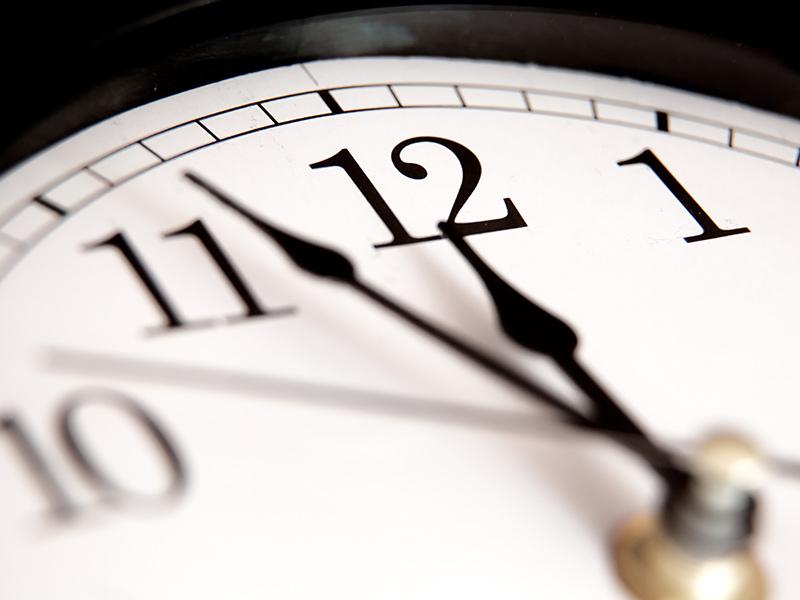Daylight saving time changes may affect your sleep
The autumn time change helps set the mood for cooler weather, but does it wreck your mood by interfering with your sleep?
Maybe—but the semiannual time change is actually worse for sleep in the spring. “Daylight, even low light levels at sunrise, is the predominant time cue for our master circadian biological timing system,” said Dr. David Blask of the Tulane Center for Circadian Biology. That means that the body is naturally attuned to how light it is outside, regardless of what your watch says.
In spring, “the circadian or body clock is forced to adjust to a one-hour phase advance (daylight saving time),” Blask continued, a form of social “jet lag.”
“This is very disruptive to the clock and consequently the sleep/wake cycle — it's almost impossible for it to adjust.” Some people never adjust to it, and they endure disrupted sleep, although they may not realize it, for seven months.
In autumn, it’s easier for most people’s bodies to adjust back one hour to standard time. Even so, “it actually occurs a month too late,” Blask added. “It would be better if it occurred in September again because of the ability of the (circadian) clock to track the dawn.”
Artificial lights at night don’t help sleep. House lights, streetlights, cellphones (the “Night Shift” setting can still keep you up) — the overly tired should avoid exposure to any nighttime light, especially blue light.
Even if you can function on little sleep, Blask said that sleep deprivation and exposure to light at night is linked to a higher risk of chronic illnesses like heart disease, type 2 diabetes and cancer.
Better sleep requires committing to better sleep habits.
- Avoid caffeine late in the day.
- Exercise regularly to help set your body clock.
- Sleep in a completely dark room, using blackout shades or a mask.
- Wake up and go to sleep at the same time every day. Aim for 7-9 hours.
- Use meditation or other relaxing practices before bed.

